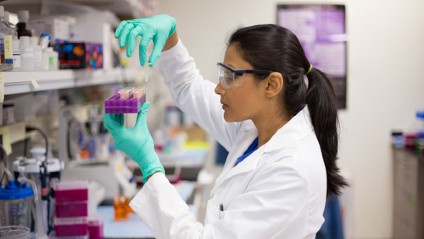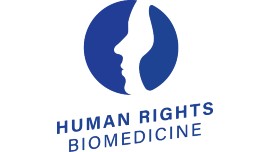At a glance

What framework do we need to establish to prevent abuses and promote advances that are of benefit to humankind?
Bioethical issues concern us all, as patients, professionals, but also as members of a society facing new choices as a result of scientific progress.
- What are the principles on which we all need to agree?
- Can I refuse to undergo a genetic test requested by a future employer or my insurance company?
- What information should a doctor provide to a person suffering from an illness who wishes to take part in a clinical trial for a new medicine?
- Can samples taken from a person during treatment be used for research purposes?
- Is it possible for me to use medically assisted procreation techniques to choose the gender of my child?
- If an examination on a patient brings to light information that is relevant to the health of other family members, should they be informed accordingly?
- Do I have the right to sell one of my kidneys, or my sperm or ova?
The special features of bioethical activities
Bioethics is primarily a multidisciplinary, pluralist study of sciences and technologies in the biomedical field, which must take account of their constantly changing nature.
The composition of the CDBIO, which comprises representatives of the 46 member states, reflects this multidisciplinary approach by bringing together experts from different fields concerned, including human rights, biology and medicine.
Questions which affect all citizens
For the Council of Europe there is a crucial need for public debate, which is referred to specifically in Article 28 of the Oviedo Convention. Symposia, hearings and public consultations are an integral part of the DH-BIO's working methods.
At the same time, the DH-BIO helps stimulate public debate by producing information material and discussion aids, such as education sheets aimed at young people.










